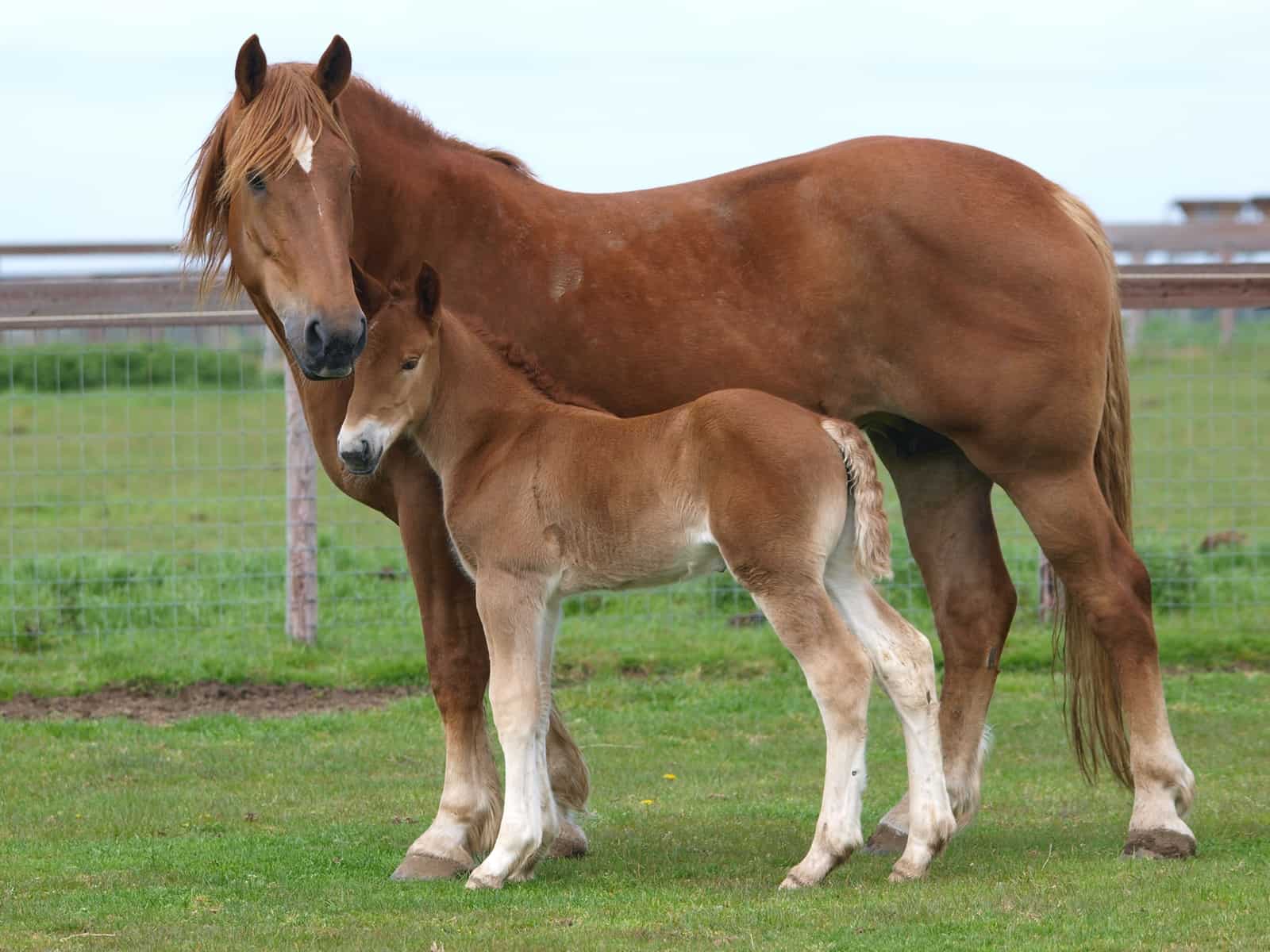Freezing Equine Embryos is Getting More Practical

“If we can get the embryos to survive freezing and thawing in a field setting, we can finally offer this technology as a practical option to breeders and even use it to preserve endangered species over the long term,” said Florence Guignot, PhD, of the French National Institute for Agricultural Research, during a presentation at the 2017 French Equine Research Day, held earlier this year in Paris.
Equine embryos are far more difficult to freeze successfully than other species because of a particularly large liquid structure that becomes destructive when frozen because of its sheer size. A few years ago, researchers discovered the key to success: removing liquid and forcing the embryo to essentially collapse.
While that marked certain scientific triumph, it still wasn’t a practical solution in breeding centers, Guignot said. The liquid removal process is complex, requiring sophisticated, expensive equipment and intense technical training
Create a free account with TheHorse.com to view this content.
TheHorse.com is home to thousands of free articles about horse health care. In order to access some of our exclusive free content, you must be signed into TheHorse.com.
Start your free account today!
Already have an account?
and continue reading.

Written by:
Christa Lesté-Lasserre, MA
Related Articles
Stay on top of the most recent Horse Health news with















